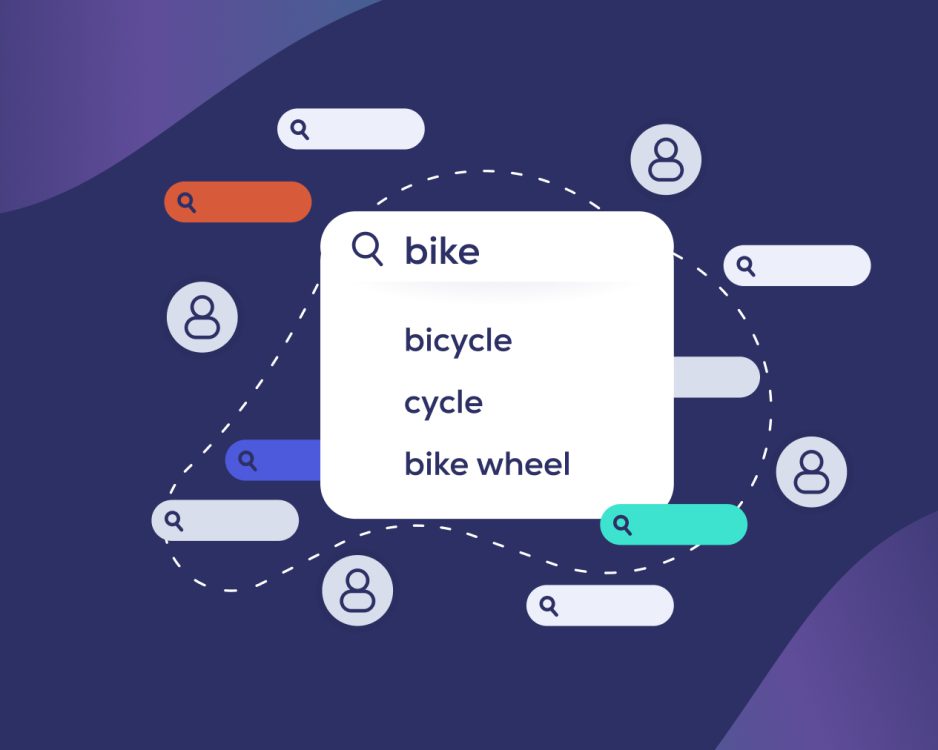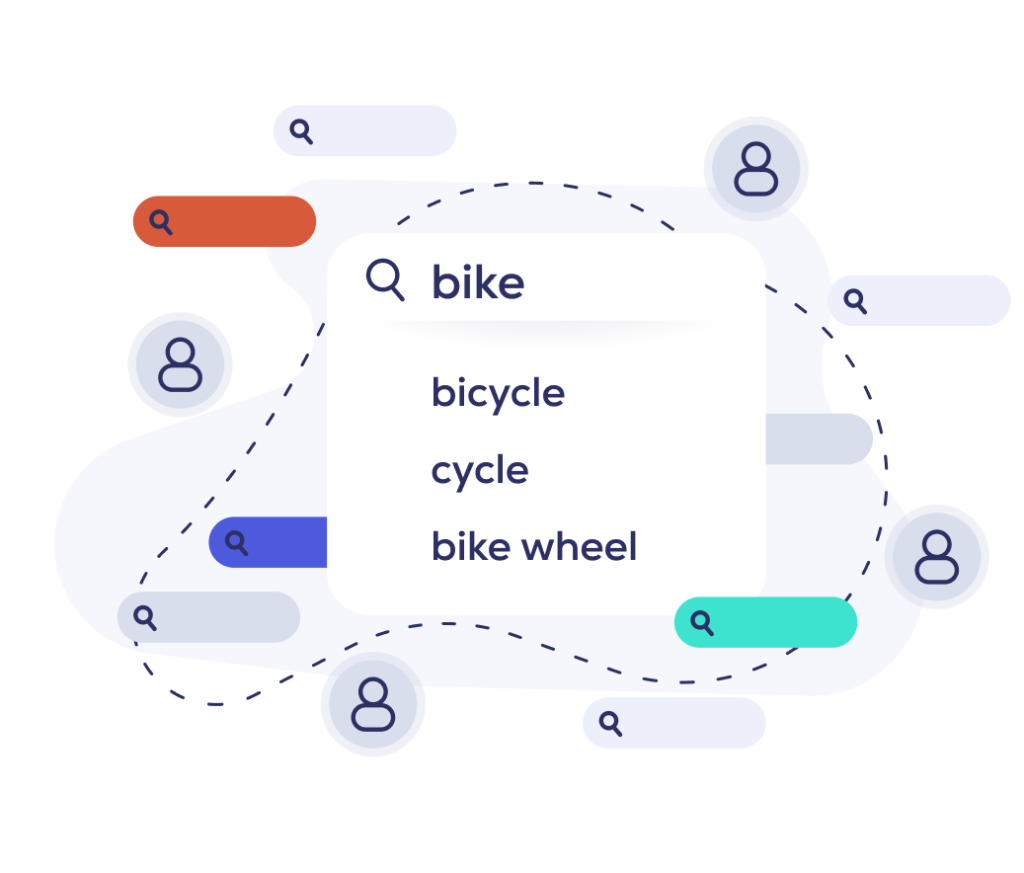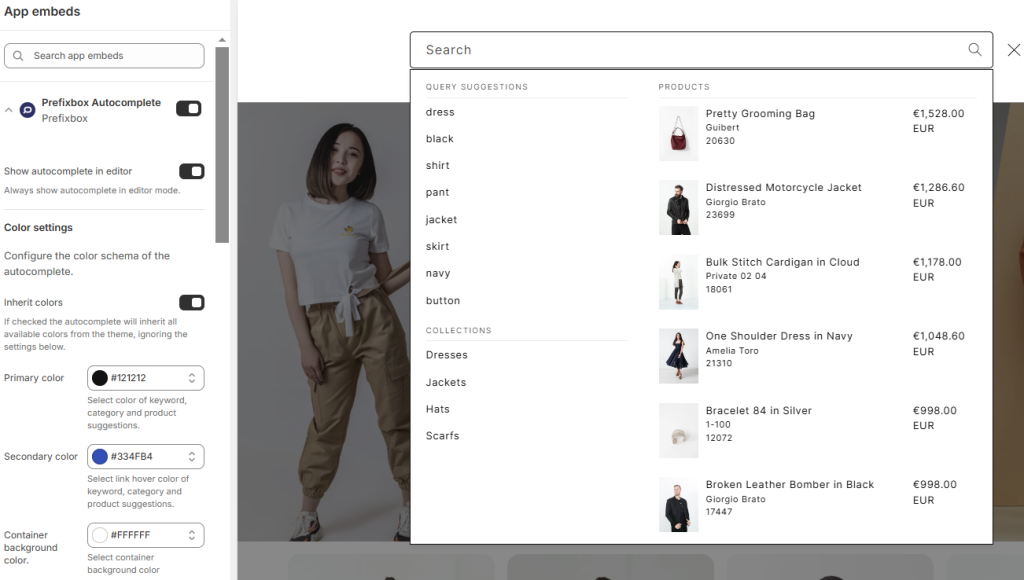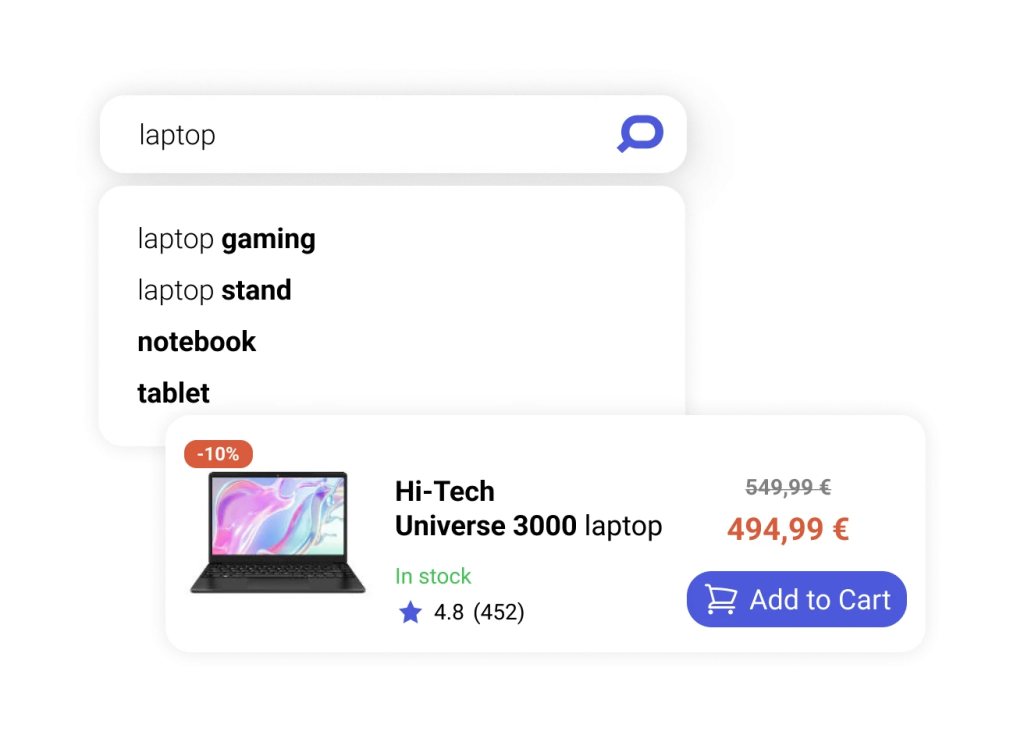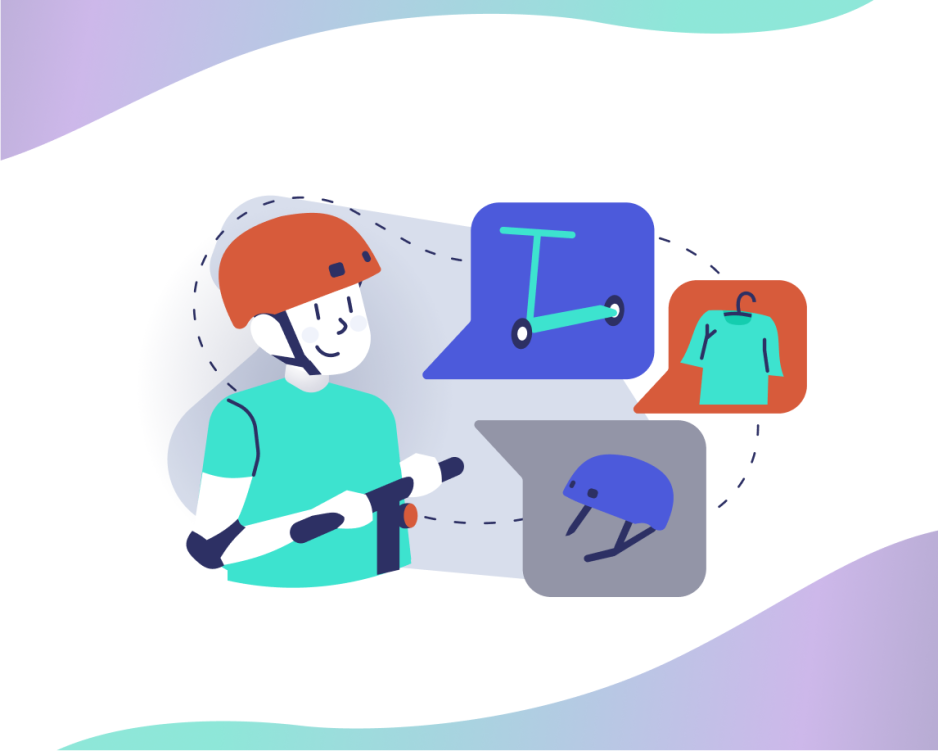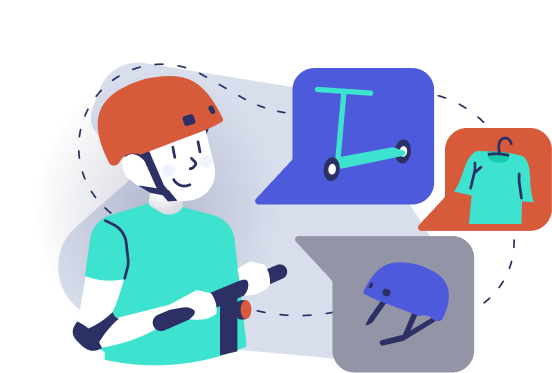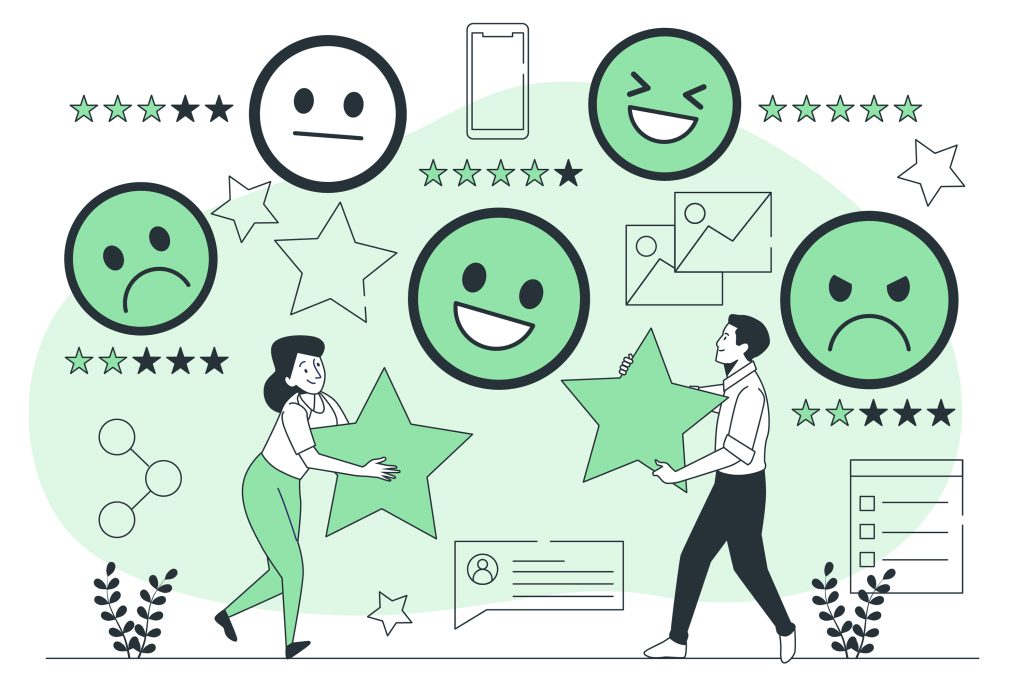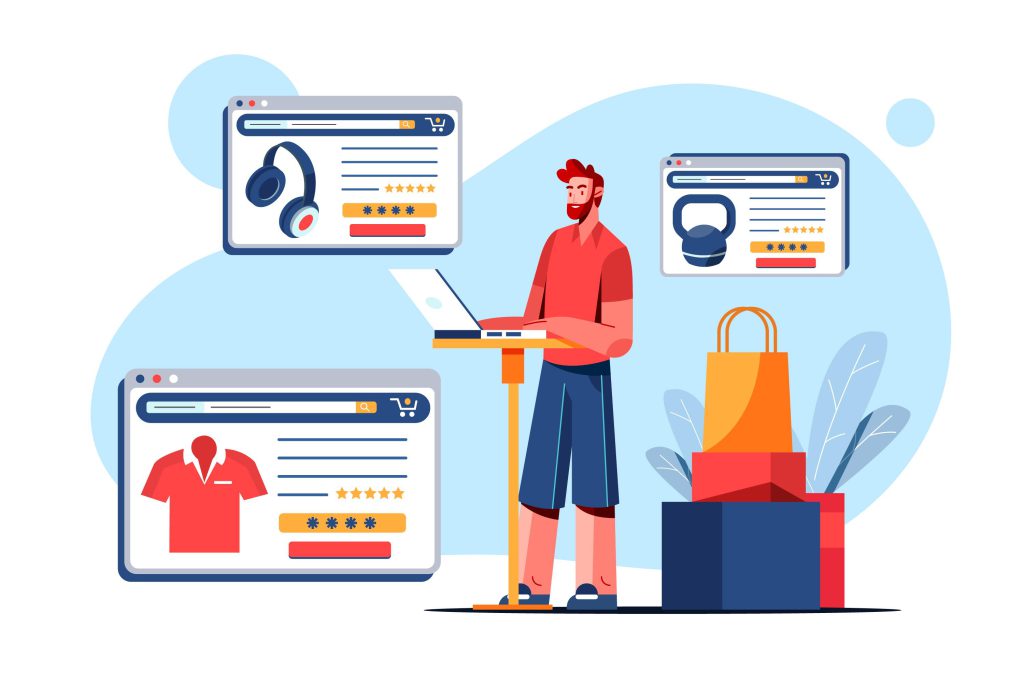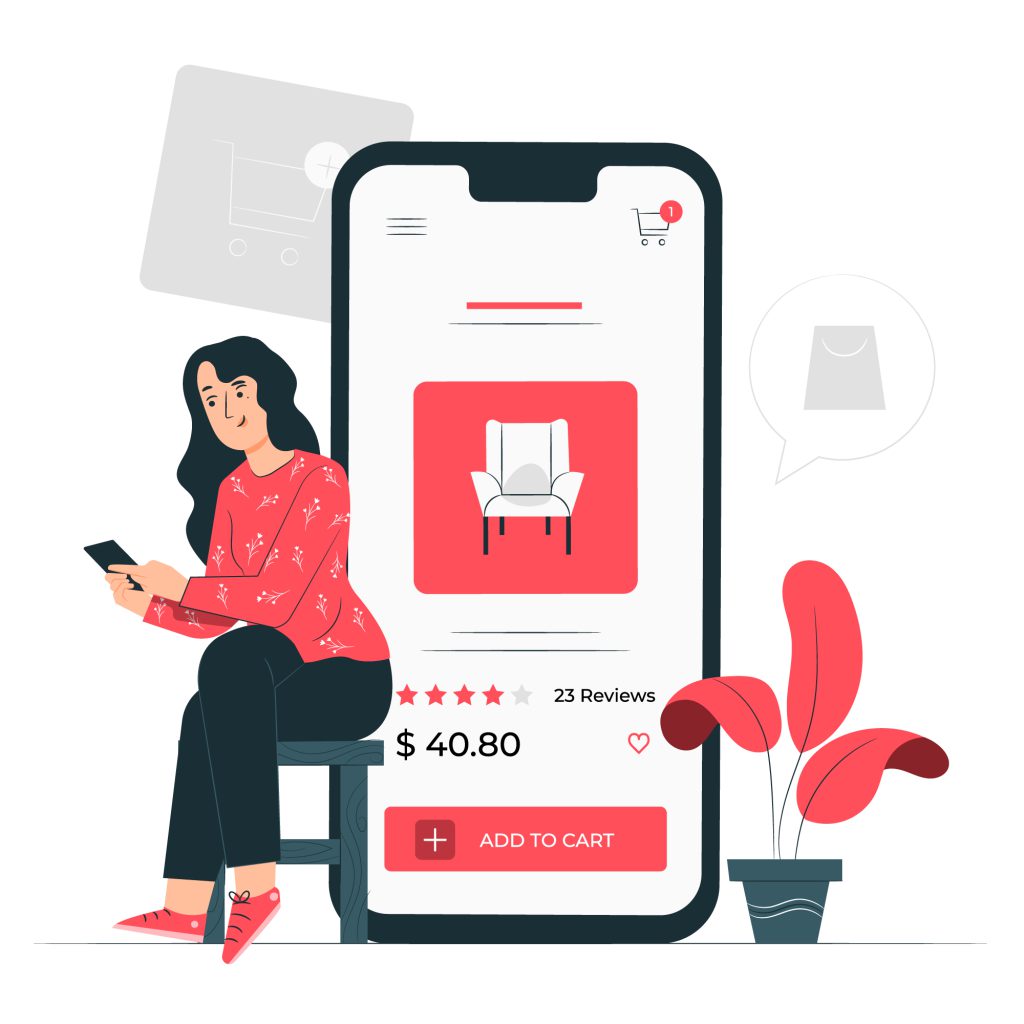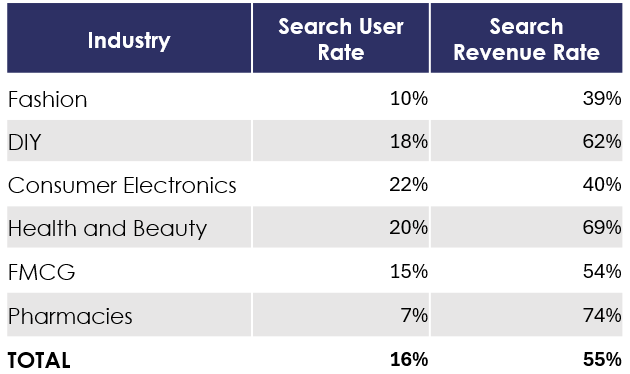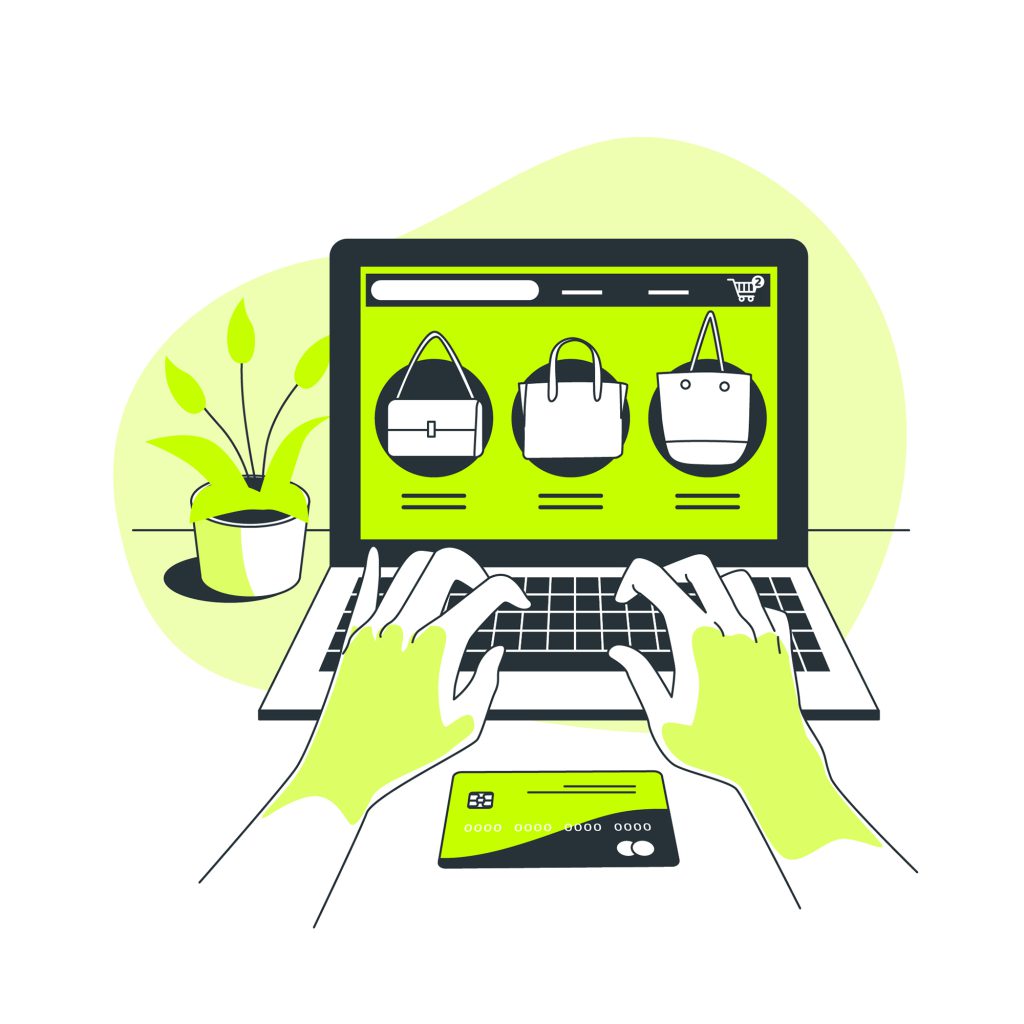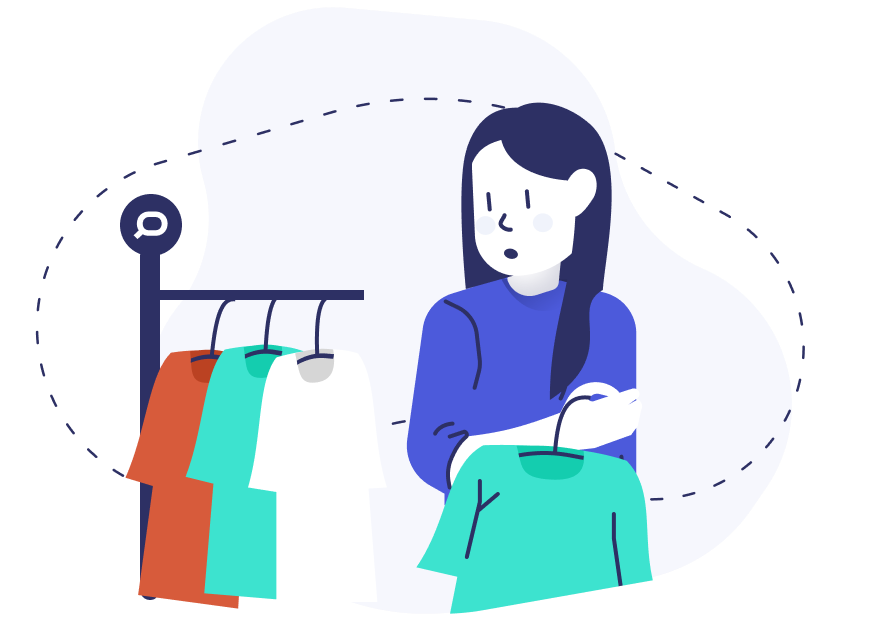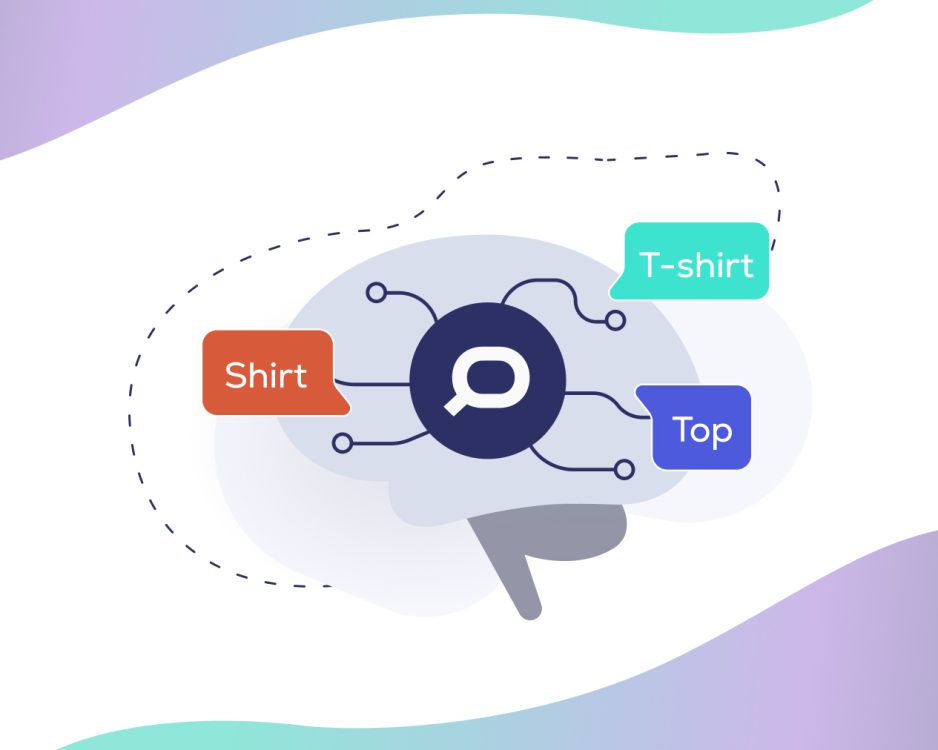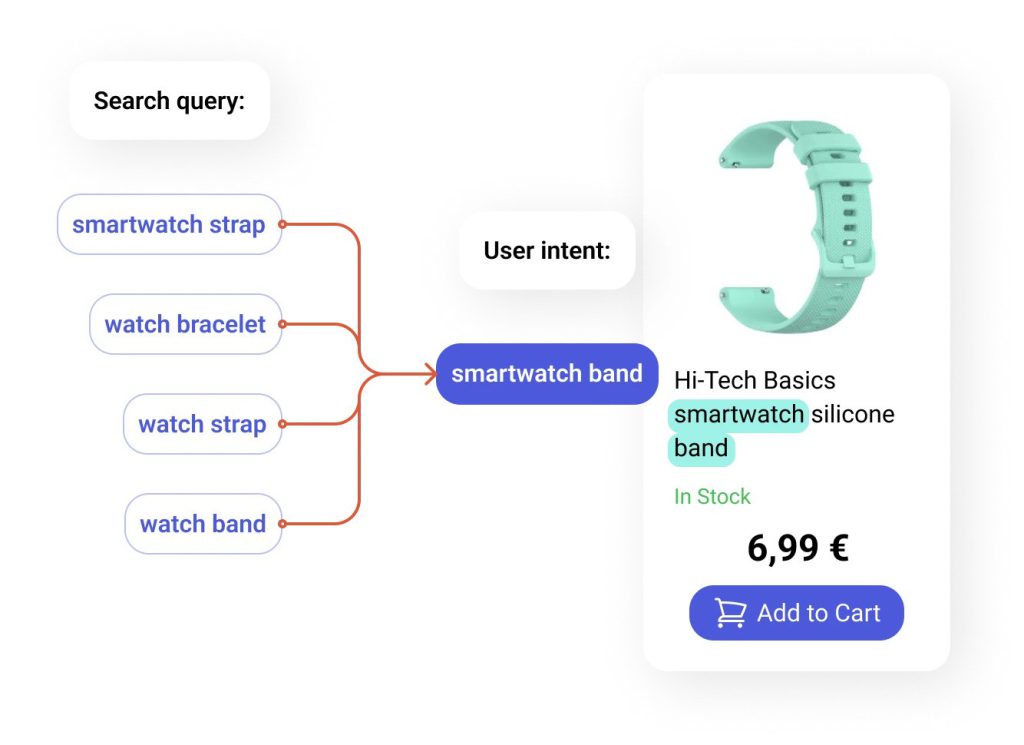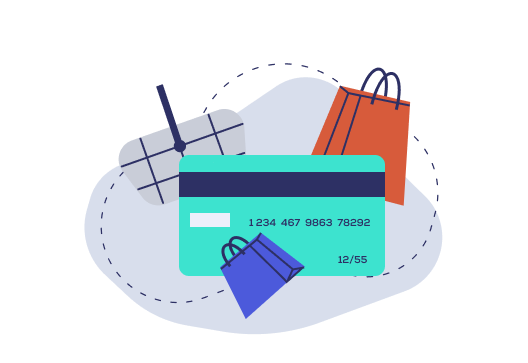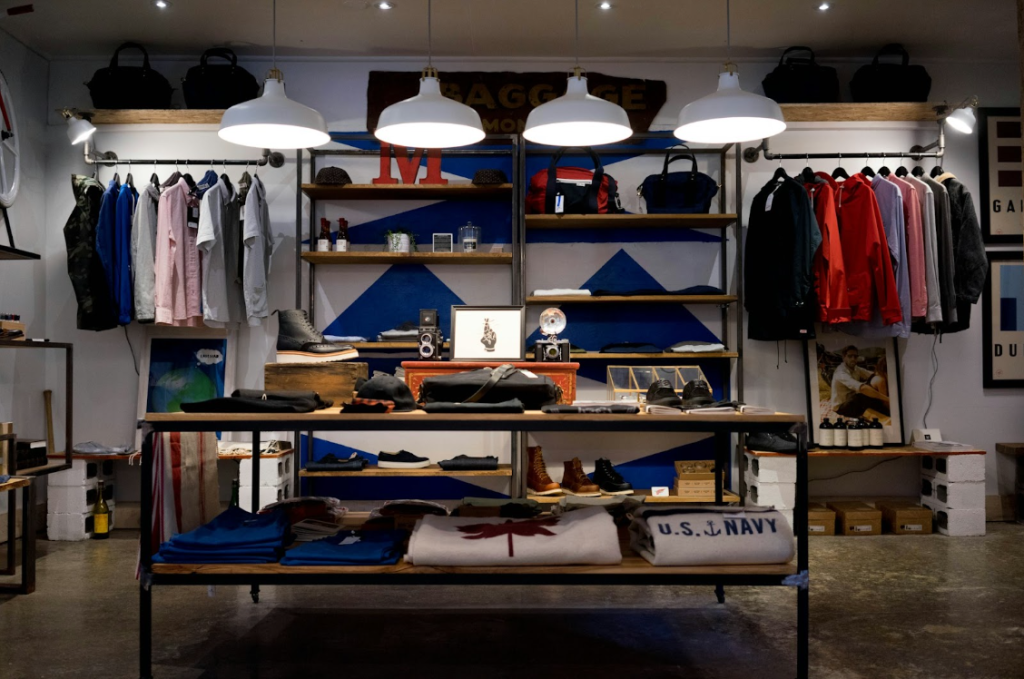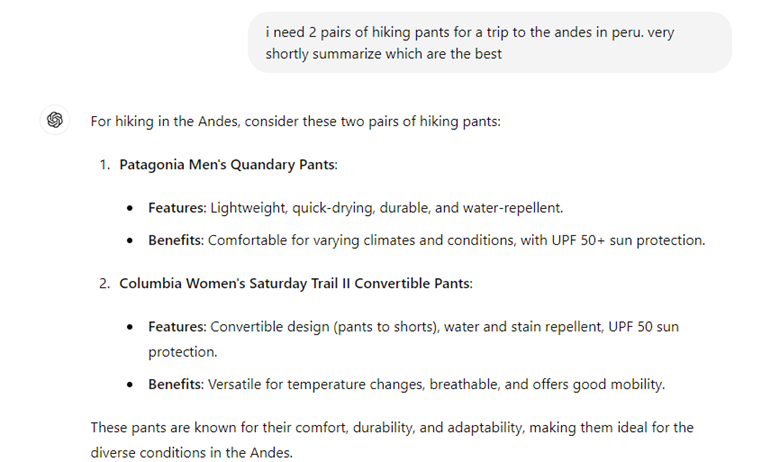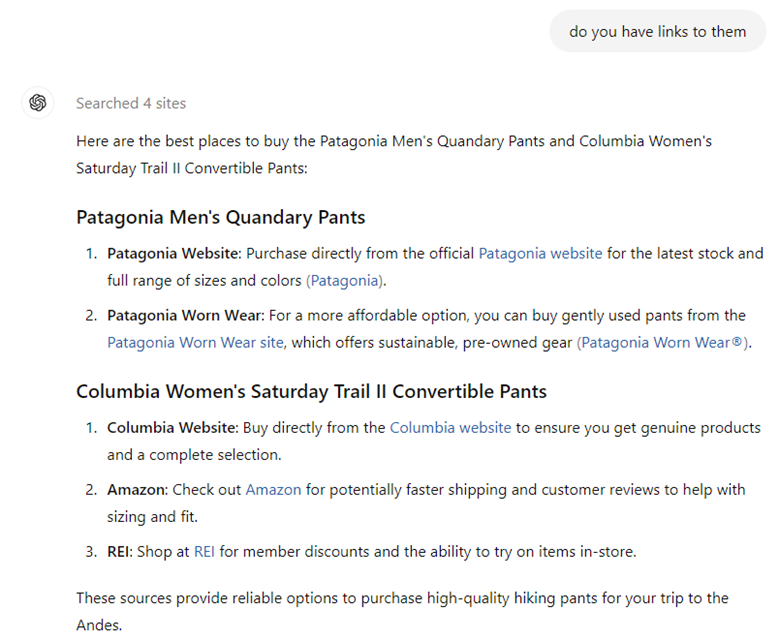How to Customize your store and apps easily with Shopify Theme Editor
Shopify’s Theme Editor is a powerful tool that allows merchants to customize their online store’s appearance and functionality with ease.
But did you know that you can also configure some third-party apps natively within the theme editor, just like any other Shopify section?
In this post, we’ll explore how the Shopify Theme Editor works and how you can seamlessly customize third-party apps within it.

What is the Shopify Theme Editor?
The Shopify Theme Editor is an intuitive, built-in tool that allows merchants to make real-time design and functionality changes to their store’s theme. It enables store owners to customize their store’s layout, colors, fonts, and other design elements without needing to code. You can think of it like WordPress’s Site Editor, for example.
This user-friendly editor helps businesses create a cohesive and on-brand shopping experience for their customers.
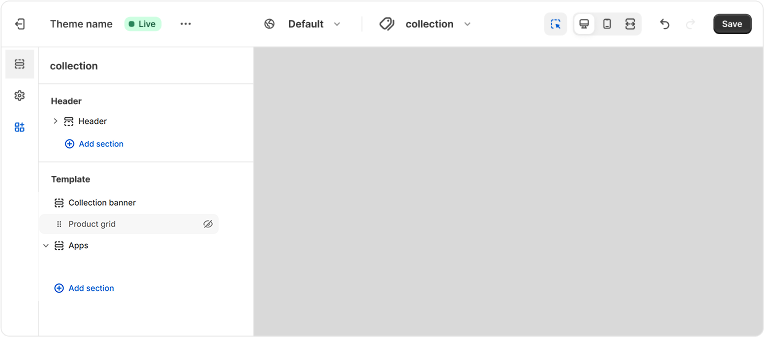
Vintage Themes vs. Shopify Online Store 2.0: What Changed?
Shopify has come a long way in enhancing drag-and-drop store customization, and one of the biggest leaps forward was the transition from Vintage Themes to Online Store 2.0 in 2021.
Before this update, customizing a Shopify store required modifying Liquid templates, working with custom code, or using limited theme sections on the homepage. With Online Store 2.0, merchants now have far greater flexibility in designing their storefronts—without needing to touch a single line of code.
Key Differences in Customizability
Theme Editor Upgrades
- Improved UI: The new Theme Editor provides a much smoother experience, with better organization and a preview panel for real-time edits.
- Faster Performance: Online Store 2.0 themes load faster and handle customization more efficiently as compared to older themes.
More Sections Everywhere
- Before (Vintage Themes): Merchants could only add sections (like banners or product lists) to the homepage, while other pages were static and required coding for modifications.
- Now (Online Store 2.0): Sections can be added to any page, such as your Search page or Collection pages, giving merchants full control over their store layout.
Easier App Integration
- Before: Apps would often inject their code into the theme files, making them harder to customize or remove.
- Now: Apps built for Online Store 2.0 integrate seamlessly within the Theme Editor, appearing as configurable App Blocks—just like built-in Shopify sections. These apps can be customized directly inside the Theme Editor with a drag-and-drop interface.
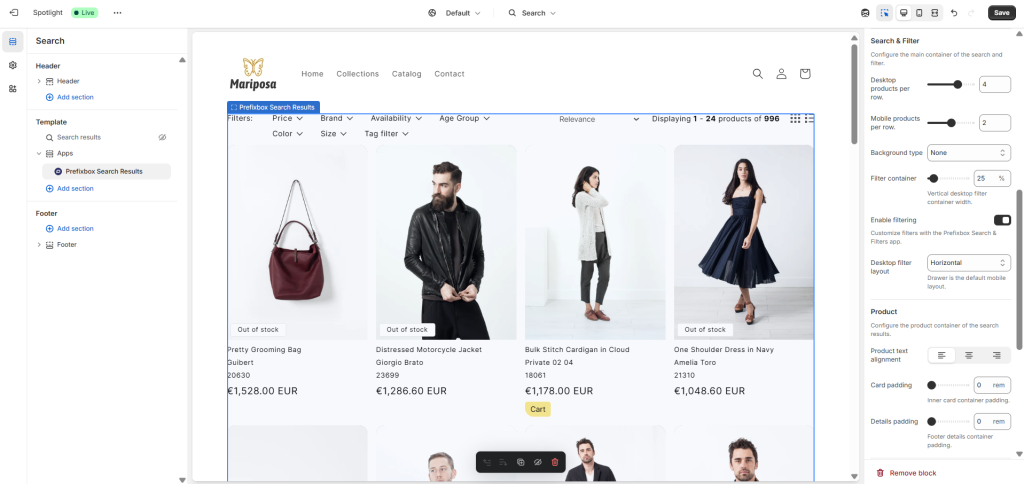
Metafields for enriching product catalog
- Before: Merchants had to rely on third-party apps or custom Liquid code to add extra product information.
- Now: Shopify Metafields allow merchants to add custom data fields—such as size charts, care instructions, or product highlights—without extra apps or coding
Why Upgrade to Online Store 2.0?
If you’re still using a Vintage Theme, switching to Online Store 2.0 will unlock a much more customizable and app-friendly Shopify experience. Not only does it make store design more flexible, but it also ensures that third party apps work seamlessly within the Theme Editor.
By taking advantage of Online Store 2.0’s improved customizability, Shopify merchants can create more dynamic, conversion-optimized stores all while keeping the editing process simple and intuitive.
Key Features of the Shopify Theme Editor
Whether you’re using a free Shopify theme or a premium one, the Theme Editor allows you to modify your store’s layout, add dynamic elements, and now, even customize certain third-party apps (like Prefixbox AI Search & Filter) as if they were native Shopify sections.

Drag-and-drop customization
Arguably the greatest feature of Shopify’s Theme Editor is its intuitive drag-and-drop interface. This means that store owners can easily rearrange content, add new sections, and remove unwanted elements in real time. Unlike older Shopify versions, which required manual code changes, Online Store 2.0 themes support section-based editing on any page, giving merchants full control over their storefront’s design.
Example: Want to highlight a “Best Sellers” section on your product pages? Just add a Featured Collection block and drag it to the perfect spot.
Live preview on multiple devices
Shopify Theme Editor has a live preview panel, which allows users to see changes in real time before publishing them. This eliminates the guesswork of theme modifications and ensures that every adjustment aligns with the store’s branding and user experience.
Moreover, the editor lets users preview their store not only on desktop, but also on tablet and mobile as well – ensuring the layout and the design works on all platforms and screen sizes.
Merchants can experiment with different banner images, colors, or button placements and see how they look before saving changes.
App block integration
One of the biggest upgrades in Online Store 2.0 is the ability to integrate third-party apps directly into the Theme Editor. Instead of relying on complicated Liquid code or external app settings, supported apps now appear as App Blocks—making them as easy to customize as any native Shopify section.
This means that third party apps can be configured directly from the Theme Editor.
Think about wanting to add a predictive search bar to your homepage or collection pages. If you’re using Prefixbox AI Search & Filter, just add the Prefixbox App Block, customize its size, colors, and layout, and save the changes, all within the Theme Editor.
Merchants can:
- Adjust search bar placement within their theme
- Modify filter layouts for better product discovery
- Customize search results to match their branding
Theme settings panel
The Theme Editor also includes global settings, allowing merchants to adjust store-wide elements such as:
- Colors (buttons, background, text)
- Fonts (headings, body text, product descriptions)
- Image settings (logo size, banner styles)
This ensures that every page on your store maintains a consistent brand identity, making the shopping experience more professional and engaging.
Example: Want all your “Add to Cart” buttons to be a specific shade of blue? Simply update the primary button color in the Theme Settings, and it will apply across the entire store.
Summary
The Shopify Theme Editor is a game-changer for store customization, allowing merchants to design their storefronts effortlessly—without touching code. With the introduction of Online Store 2.0, Shopify has made it even easier to customize every page, integrate third-party apps, and create a seamless, branded shopping experience.
Mastering the Shopify Theme Editor—along with powerful app integrations like Prefixbox AI Search & Filter—empowers merchants to create a highly customizable, user-friendly, and conversion-optimized store. Whether you’re upgrading from a Vintage Theme or fine-tuning your Online Store 2.0 setup, these tools help you build a storefront that not only looks great but also drives sales and enhances customer experience.
One of the biggest advantages of this upgrade is the ability to embed and configure third-party apps—like Prefixbox AI Search & Filter—directly within the Theme Editor. This means that merchants installing Prefixbox can customize their search bar, product tiles, and filters with a simple drag-and-drop interface, ensuring that their store’s navigation is as intuitive and efficient as possible.



